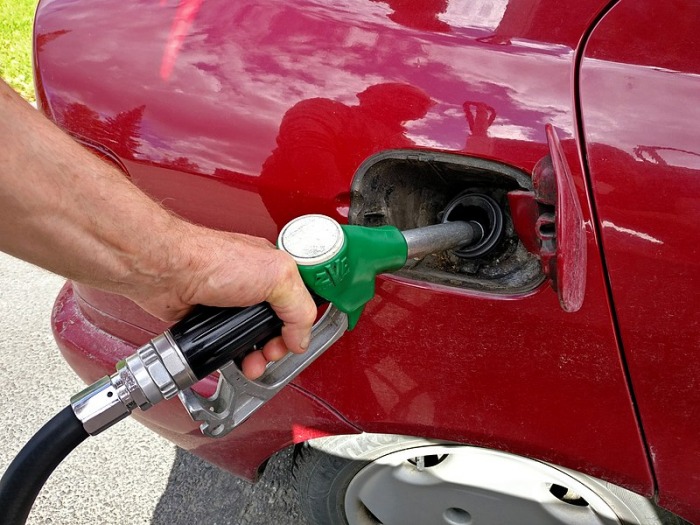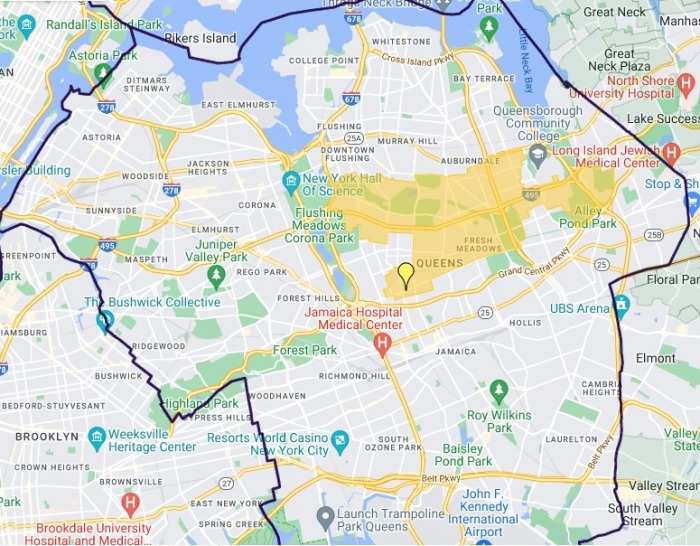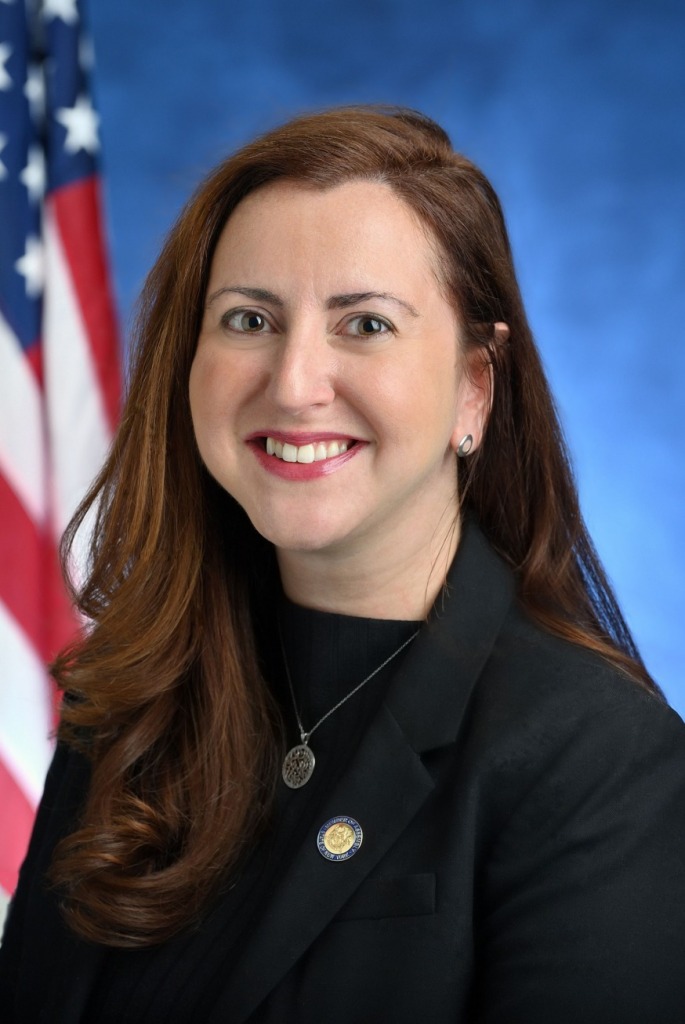
Photo: Santeri Viinamäki (CC BY-SA 4.0)
April 5, 2022 By Christian Murray
A Queens assemblywoman has introduced a piece of legislation that aims to soften the blow of high gas prices.
Assemblywoman Nily Rozic, who represents the 25th District in central Queens, has introduced a bill that would provide a $250 rebate to New York State residents who have at least one passenger vehicle registered in their name.
“New Yorkers are trying to overcome the financial hardships exacerbated by the pandemic and we need to support them in any way we can,” Rozic said. “This fuel rebate program is absolutely crucial for all consumers as it relieves the pain at the pump, immediately lowers costs, and puts more money back in people’s pockets.”
Gas prices are currently about $4.30 a gallon, a cumulative result of supply shortages and Russia’s invasion of Ukraine, experts say.

Assemblywoman Nily Rozic represents the 25th District, which covers a portion of central Queens as shown in yellow (State Assembly)
The bill, if it were to become law, would require the Department of Motor Vehicles to compile a list of all residents who would be eligible for the program within 30 days. This list would then be delivered to NYSERDA for the administration of the rebate.
State Sen. Elijah Reichlin-Melnick (D-Rockland/Westchester) carries the bill in the Senate.
The bill is one of several measures being debated by state lawmakers to address the spike in gas prices.
Another plan going before the state assembly calls for the suspension of the state gas tax. The senate has put forward a similar proposal.
A state gas tax holiday has gone into effect in a neighboring state. For instance, Connecticut has suspended its excise tax on gasoline from April 1 to June 30. The reduction equates to a drop of 25 cents a gallon.

Assemblywoman Nily Rozic (via State Assembly)
A gas tax holiday or a rebate would be popular among New York State voters. A Siena poll released March 28 showed that 70 percent of respondents were in favor of some sort of tax relief to ease the pain of high gas prices. The poll was based on the response of 804 registered voters.
But many groups in the state oppose tax holidays and rebates. Transportation advocacy groups—such as Transportation Alternatives and the Riders Alliance—argue that the state should focus on helping low-income New Yorkers who have been hit by increases in food, housing as well as energy costs.
They argue that in New York State and nationally, wealthy people driver more than lower income people.
The group also argues that a gas tax holiday would hurt the MTA, which receives a portion of the gas tax.
However, advocates for a gas tax holiday have said that the state would provide the MTA with any lost revenue from the suspension of the gas tax with other state funds.
One Comment







This is one of the most ridiculous pieces of legislation that I have ever heard of.
Rewarding people who drive cars and possibly encourage them to use them even more? Is she getting campaign donations from oil companies?
I’m assuming owners of electric vehicles won’t get this free money because they don’t use gasoline? Nice idea to penalize people for buying non polluting vehicles.